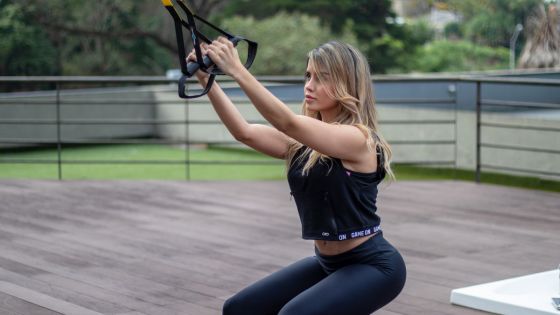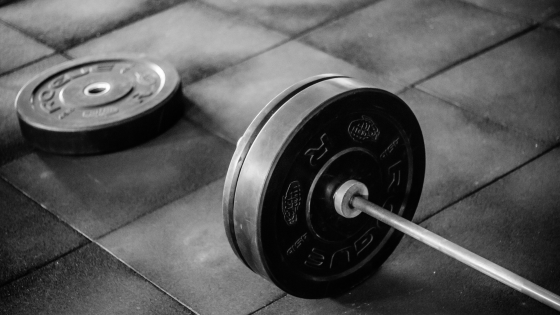

The Death of ‘Functional’ Fitness
The trend of ‘functional’ fitness aims to train exercisers with movements that are supposedly more likely to carry over to practical everyday uses. However, in doing so, many ‘functional’ recommendations contradict long-standing, well-researched and evidence-based practices in fitness, to the detriment of their followers. Unfortunately, there is something that functional fitness is uniquely good at - gathering attention on social media via highly viral, unusual movements likely to attract attention because of their novelty.

Work Out Smarter, Not Harder
A training program does need to be smart in order to produce long term gains in a safe and effective manner. A well designed program uses periodization, the manipulation of training variables (sets, reps, weight, intensity, etc.), in order to keep workouts challenging over time as you get stronger, and ensure optimal gains.

Work Out Harder, Not Smarter
Working out harder is the primary goal of a smart training program. You shouldn’t worry about having the perfect program, and should focus on putting in the effort if you want results, especially in the long-term.

Simplicity Is King, and Muscle Confusion Is Garbage
In general, you’ll get better results from following a simpler routine more consistently, rather than constantly varying and changing your routine. Fad workout routines based around “muscle confusion” can work, but will generally provide you inferior results to simpler and more consistent routines. Serious lifting athletes rely on ideal the routines and strategies which have been developed over the years, and focus on practicing a small number of movements repeatedly, rather than constantly varying movements.

Sweat Is Not Related To Fitness Results
In most situations, sweat isn’t well correlated with the quality of your workouts or the results you’re getting. In fact, in many cases, chasing excessive sweating could result in decreased results, if you were trying to optimize for sweat alone.
